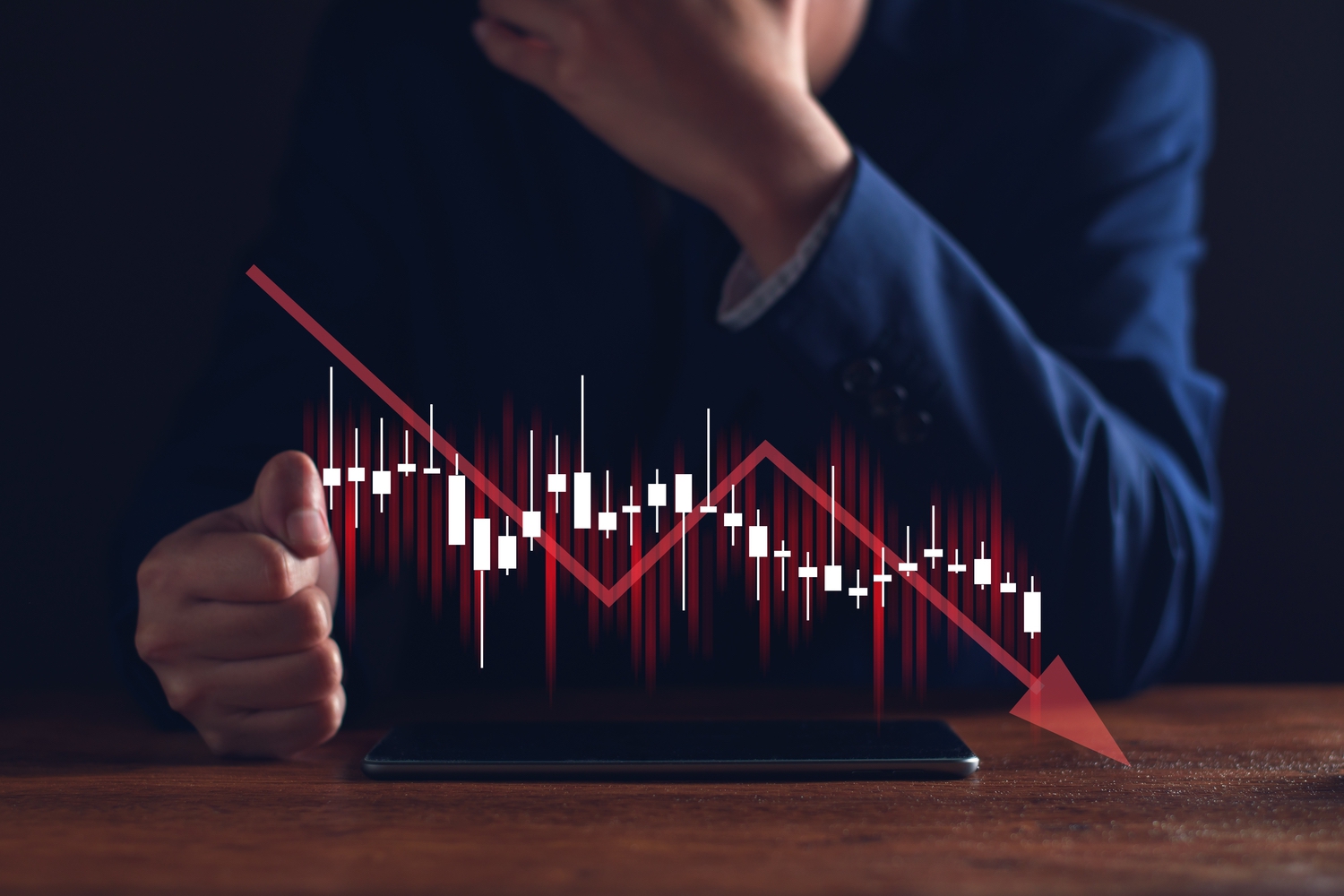

While 2020 was a year of economic stoppage for many sectors, the mergers and acquisitions market held strong, particularly in Europe, where the volume of transactions increased between 2019 and 2020. Experts from Auris-Finance provide their analysis.
According to figures from MergerMarket, global sales and company purchases fell by 6.6% over the year, with a total transaction volume of $3.2 trillion in 2020. This decline was largely offset by a strong rebound in transactions during the second half of the year.
Globally, the number of transactions fell by 15.5% (20,767 transactions recorded globally in 2019, compared to 17,545 in 2020). Not surprisingly, the sectors that fared best were those most involved in the fight against the spread of Covid-19. These included the media and telecommunications sector, the energy sector, and the chemical industry.
The European mergers and acquisitions market performed particularly well in 2020.
How did the M&A market go in 2020? According to MergerMarket, the latter performed well. Acquisitions and cessions of companies increased by 5.6% over the year, with a total transaction volume of $847 billion.
Once again, the “Covid-19 resilient” sectors fared best, including the tech and energy sectors, as well as the luxury sector boosted by the recovery of consumption in Asia in the second half of 2020. In France, the year was marked by significant transactions carried out by CAC 40 giants. 2020 saw the acquisition of American industrial software publisher OSIsoft by Schneider Electric for $5 billion, as well as the acquisition of American jeweler Tiffany by LVMH for €15.7 billion.
Some sectors resist better than other.
The impact of the pandemic on the various sectors of the economy varied greatly, both in France and around the world. The mergers and acquisitions market was no exception and remained highly heterogeneous. Temporary work was hit hard by the first lockdown (March 16 – May 11, 2020), with activity sharply declining in the first half of the year. On an annual basis, the number of mergers and acquisitions in this sector contracted. However, with more than 35% of transactions taking place in the first two months of the year, Auris-Finance experts believe that these operations were more delayed than cancelled and could therefore be postponed to 2021.
It is worth noting that some attractive deals, such as the sale of transport and logistics interim specialist Mantrans, demonstrated the appetite of acquirers for this type of company, particularly for temporary employment agencies specializing in Covid-resistant sectors such as construction, transport, and logistics.
Finally, the crisis highlighted the importance of adapting business models. This was particularly evident in the agri-food sector, which saw a strong acceleration of new usage patterns in 2020. With consumers unable to travel, they turned to home delivery apps. As a result, new transactions may soon take place involving these new players, such as the acquisition of QuiToque by giant Carrefour in 2018.


